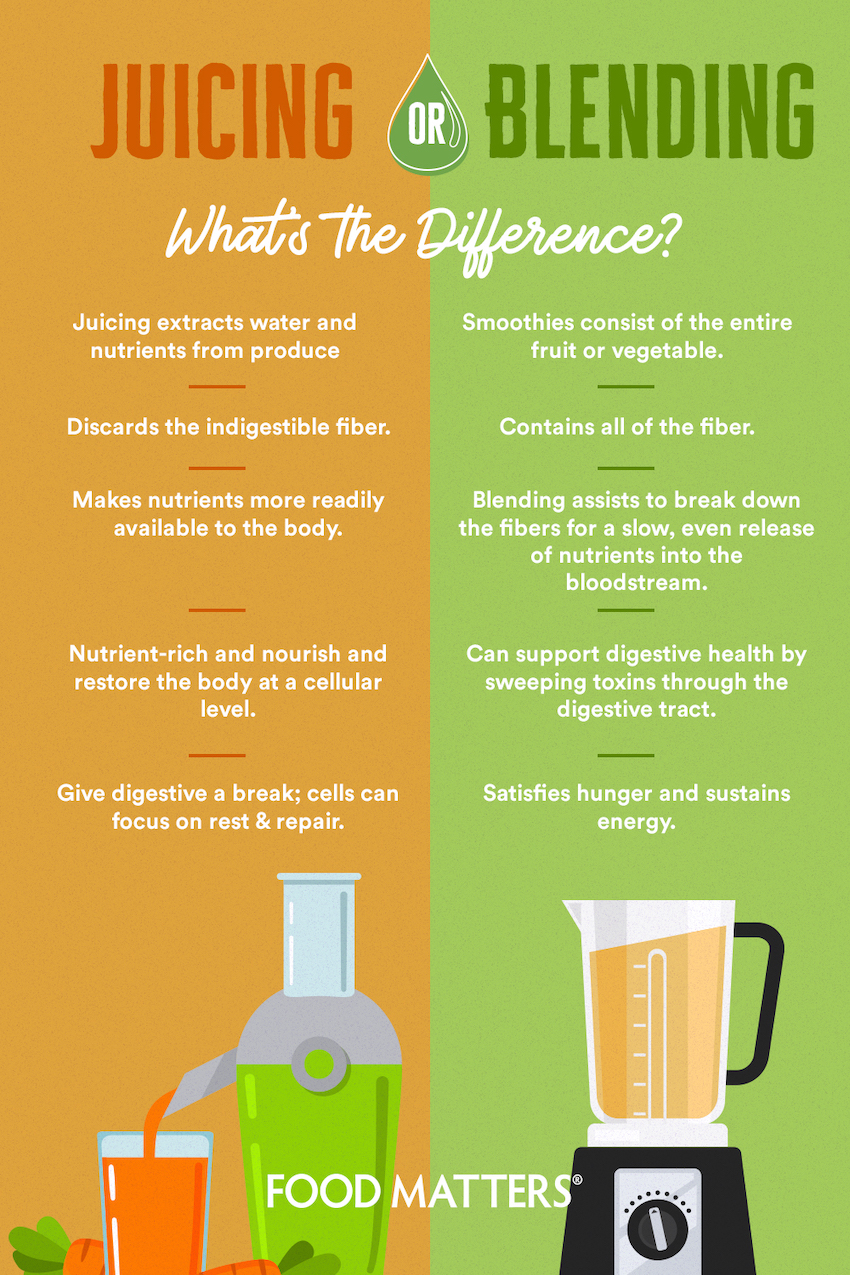As a health-conscious consumer, you may be wondering whether juicing destroys the nutrients of your fruits and vegetables. Juicing has long been lauded as a beneficial way to get more vitamins and minerals into your diet, but does the process really end up destroying the nutrients you’re trying to get? In this article, we’ll explore the evidence and get to the bottom of the question: Do juicers destroy nutrients?
Do Juicers Destroy Nutrients?
Juicing can be beneficial to your health, as it allows you to consume an optimal amount of fruits and vegetables in one drink. However, some studies suggest that juice extracted using a centrifugal juicer may contain fewer nutrients than juice extracted using a masticating juicer. Masticating juicers operate at a slower speed and are less likely to oxidize the juice, reducing the amount of nutrient loss. Therefore, if you’re looking for the most nutrient-packed juice, you should opt for a masticating juicer.
Do Juicers Destroy Nutrients?
Juicers are becoming increasingly popular for health-conscious individuals who want to make sure they’re getting their daily dose of vitamins, minerals, and other essential nutrients. But do juicers actually destroy some of those precious nutrients in the process?
The short answer is, yes, juicing can reduce the amount of some nutrients that are available in the juice. However, there are things you can do to minimize the loss of nutrients. Here’s an overview of how juicing affects the nutritional content of fruits and vegetables.
What Is Juicing?
Juicing is a process of extracting juice from fruits and vegetables by crushing or pressing them to separate the juice from the solids. The resulting juice is full of essential vitamins, minerals, and other nutrients.
Juicing is an efficient way to get a concentrated dose of nutrients without the fiber and the need to chew. The downside is that it can also reduce the amount of some nutrients in the juice.
Does Juicing Destroy Nutrients?
Juicing does not destroy all the nutrients in a fruit or vegetable; however, it does reduce the amount of some of them. This is because the process of juicing can cause some of the vitamins, minerals, and other nutrients to break down due to exposure to heat, oxygen, and light.
The longer a juice is exposed to these elements, the more nutrients it will lose. Additionally, some juicers use blades that spin at high speeds, which can also cause some nutrients to break down.
Which Nutrients Are Most Affected by Juicing?
The nutrients that are most affected by juicing are the water-soluble vitamins, such as Vitamin C, B-Complex vitamins, and folate. These vitamins can easily degrade when exposed to oxygen, light, and heat.
The other nutrients that are affected by juicing are some of the minerals, such as calcium and magnesium. These minerals can be lost when the pulp is removed from the juice.
How to Minimize Nutrient Loss When Juicing
There are several steps you can take to minimize nutrient loss when juicing.
Step 1: Use Fresh Produce
Using fresh produce will help to ensure that your juice has the highest nutrient content possible. Avoid produce that has been stored for too long or has been exposed to light and heat.
Step 2: Juice Quickly
Juicing quickly will help to minimize the amount of time your juice is exposed to oxygen and light, which can reduce the amount of nutrients in the juice.
Step 3: Store Your Juice Properly
Storing your juice properly will help to ensure that the nutrients in the juice are preserved. It’s best to store your juice in an airtight glass container and keep it in the refrigerator or freezer.
Step 4: Drink Fresh Juice
Drinking fresh juice will help to ensure that you’re getting the most nutrients possible from your juice. Fresh juice is more nutrient-dense than juice that has been stored for too long.
Step 5: Add Pulp to Your Juice
Adding pulp to your juice can help to increase the nutrient content of the juice. The pulp contains essential vitamins, minerals, and other nutrients that are not available in the juice.
Are Juicers Good for Your Health?
Juicers can be a great way to get a concentrated dose of essential vitamins, minerals, and other nutrients. However, it is important to remember that juicing can reduce the amount of some of these nutrients.
To maximize the nutritional content of your juice, it’s important to use fresh produce, juice quickly, store your juice properly, drink fresh juice, and add pulp to your juice. By following these tips, you can ensure that you’re getting the most out of your juice.
Frequently Asked Questions
Do Juicers Destroy Nutrients?
Answer: Juicers do not necessarily destroy nutrients, but they do reduce the amount of fiber found in the finished product. Juicers remove most of the fiber from fruits and vegetables, which can be beneficial if you are looking to reduce your calorie intake. However, the lack of fiber can also reduce the number of vitamins and minerals that are available to your body.
To ensure that you get the most out of your juice, opt for a slow juicer instead of a centrifugal one. Slow juicers are designed to press the juice out of fruits and vegetables, preserving more of their nutritional content. Additionally, make sure that you consume your juice as soon as possible after making it, as the longer it sits, the more nutrients will be lost.
Juicing vs Blending: What’s Better? – Explained by Dr.Berg
In conclusion, while juicing can be a convenient and delicious way to get your daily intake of vitamins and minerals, it is important to note that the process can sometimes destroy some of the nutrients contained in the fruits and vegetables. However, with the right juicer and proper juicing techniques, you can ensure that you are getting the most nutrition out of your juice.



